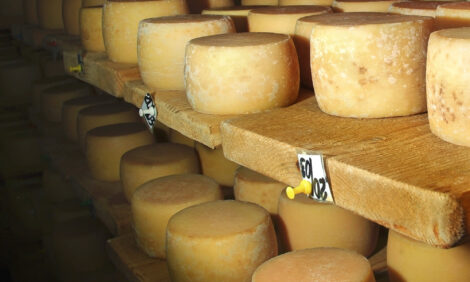



Time To Address Fly Threat
EU - Fly populations escalate in early July just at the time the nutritional value of grass starts to decline and the coincidence of the two factors can have a damaging effect on livestock performance, cattle producers are being warned.“The fly threat has been pretty manageable so far this summer because of the relatively cool early season weather conditions, but once we move into July insect populations will become much more active,” says Rumenco technical manager David Thornton.
“Just two horse flies exceed the economic nuisance threshold for cows at grass, whereas studies have shown that a severe swarm of stable flies can reduce milk yields by up to 25%. Unfortunately, the fly threat is generally at its highest in July and August, and if stock are put off grazing what is relatively poor grass at this time of year anyway, then performance really can suffer.”
David Thornton says that special nutrition supplements can help keep livestock free from flies. “A number of studies have shown that the oil fraction of garlic can be effective against a wide range of insects.
Garlic is a good, natural insect repellent. Its strong oils are excreted through the skin and lungs, providing a potent scent that can repel irritating insects as well as an alternative to toxic chemical protection. In addition, garlic has documented activity as an antibiotic and antiviral agent, helping to further protect livestock.
“After a few days, cattle offered these supplements will start to emit the strong garlic compounds through their skin. The strong smell can confuse flies and make it harder for them to seek out their next blood meal.”
Rumenco says that summer cattle grazing supplements like Rumevite Garlic and Supalyx Garlic include the sought after fly repellent benefits of this valuable member of the onion family, but also provide the extra nutrition livestock need to plug the poor quality grass nutritional gap.
TheCattleSite News Desk


